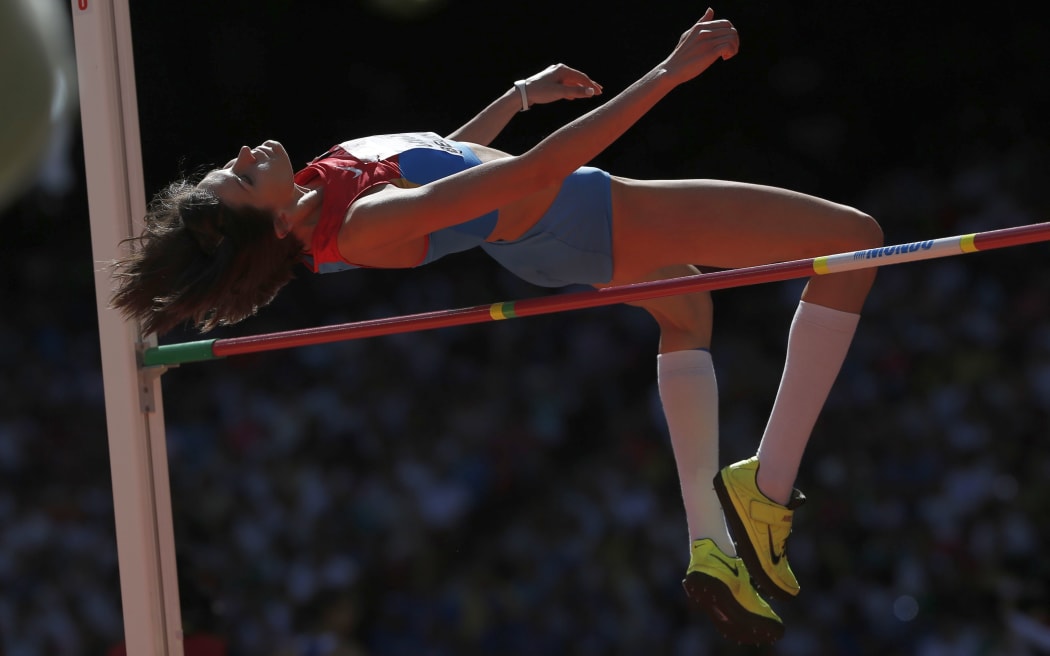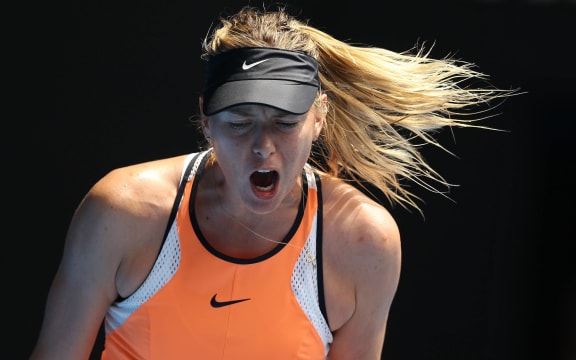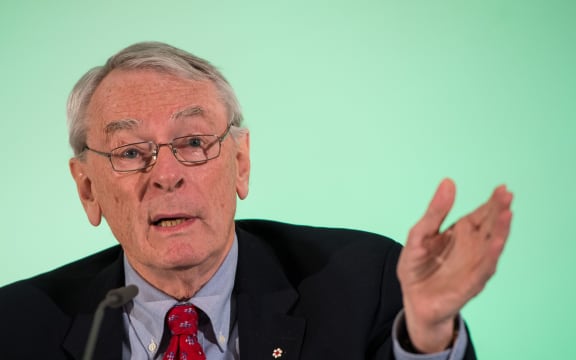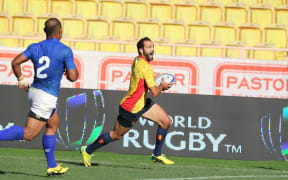OPINION: The Olympic ban on Russian athletes means the International Olympic Committee (IOC) has thrown the concept of "innocent until proven guilty" out the window.

Russian high jumper Anna Chicherova won bronze in 2008 and gold in 2012, but failed a doping test this year after her 2008 samples were retested. Photo: AFP
The IOC has upheld the International Athletics Federation's ban on Russian track and field athletes competing at the forthcoming Rio de Janeiro Olympics.
The ban was imposed because the Russians have apparently been running a state-sponsored drugs programme, and some of their athletes have cheated their way to gold medals and world titles.
The problem is that in imposing a blanket ban, the IOC is destroying the Olympic hopes of dozens of Russian athletes who have never failed a drugs test and may very well be entirely innocent.
They are being labelled cheats simply because of the country they represent. That hardly seems just, or in keeping with the Olympic ideal of fair play.
I'm all for hammering drug cheats. In fact, I wish they could be banned for life, instead of the incremental punishments they receive. But sometimes the drugs monitors, primarily the World Anti Doping Agency (Wada), are too rabid.
Tennis star Maria Sharapova is a case in point. She has been suspended for two years after returning a positive test for meldonium during the Australian Open in January.

Maria Sharapova during her quarterfinal loss to Serena Williams at the 2016 Australian Open. Photo: Photosport
It was not surprising Sharapova tested positive. She'd been taking meldonium for 10 years, when it was legal. Its status was changed in January. Obviously a lot of athletes never knew - 300 were caught taking the drug in a couple of months.
Common sense would indicate meldonium's changed status was not well enough flagged. But common sense has nothing to do with the issue of drugs in sport. Now Sharapova is being placed by some people on the same pedestal as notorious drugs cheats like Ben Johnson and Lance Armstrong. It's ridiculous.
On 15 July, the world anti-doping agency Wada will release the results of another investigation of Russian sport. It seems likely the finger will then be pointed at swimming and weightlifting.
It is entirely possible the entire Russian team will then be banned from the Olympics, not just track and field athletes. Former Wada boss Dick Pound has described that as "the nuclear option". He appears almost eager for that nuclear button to be pushed.
Never mind that even more innocent Russian athletes would be punished.

World Anti-Doping Agency founding president Dick Pound Photo: AFP
I'm wondering about the focus on Russia, too. The Kenyans have terrible doping problems at the moment. A string of their top athletes have returned positive tests. The same with the Jamaicans sprinters.
But if you ban Jamaica and Kenya, you would exclude marquee sprint star Usain Bolt and all those brilliant Kenyan distance runners. The Olympic sponsors and television companies that have paid millions of dollars for Olympic rights would not be best pleased.
When the IOC recently retested urine samples from the 2008 Beijing Olympics, it found a further 31 athletes from 12 countries had cheated. Yet nearly all the talk is about the Russians.
The IOC released a statement this week saying it had a "zero tolerance" attitude towards drug cheats.
That's good to know. It was not the case in the 1970s and 1980s, when East Germany was allowed to get away with state-sponsored cheating. Or in the 1990s, when the same thing happened with Chinese athletes and swimmers.
And lest people get the impression drug cheating is a problem mainly in Eastern Europe or in Communist regimes, take a few minutes to read the list of American athletes who have doped. It's not just the big names, like Armstrong and Marion Jones - there have been literally hundreds of American drugs cheats.
If the IOC really wants to make sure no drugs cheats compete in Rio, the answer is simple: ban every country!
Failing that, surely it should limit itself to excluding just the athletes who have been proved guilty. To ban the innocent ones too, just because of the country they represent, is a step too far.
* Joseph Romanos is a long-time sports journalist and broadcaster, and the author of nearly 50 books.





